The long wait is almost over. In just a few days, you will soon be bringing home your new pooch. How wonderful is that?
But wait
Are all your dog’s essentials ready?
Remember, caring for a pup is just like a full-time job, especially in the first couple of weeks. This is why it is important that you prepare everything your dog needs to be healthy and happy before you allow it to set its paw into your home.
Luckily for you, here is a new puppy checklist to help get you started on your exciting journey to “furenthood”:

1. Food
Your puppy’s first year is the most critical period in its growth and development. During this time, you should feed it with nutritionally complete and balanced foods that are suitable for its age, size, and breed.
You should also bear in mind the average puppy requires twice the amount of food consumed by the average adult dog.
If you are uncertain about what to feed your pooch, ask your breeder or vet for advice.
It is recommended that you continue giving your puppy the same foods it was already being fed before adoption and make sure that you do not change the amount of food it eats until after a few days upon bringing it home. The reason is to avoid tummy upsets.
Should you want to change your puppy’s food later on, do it gradually.
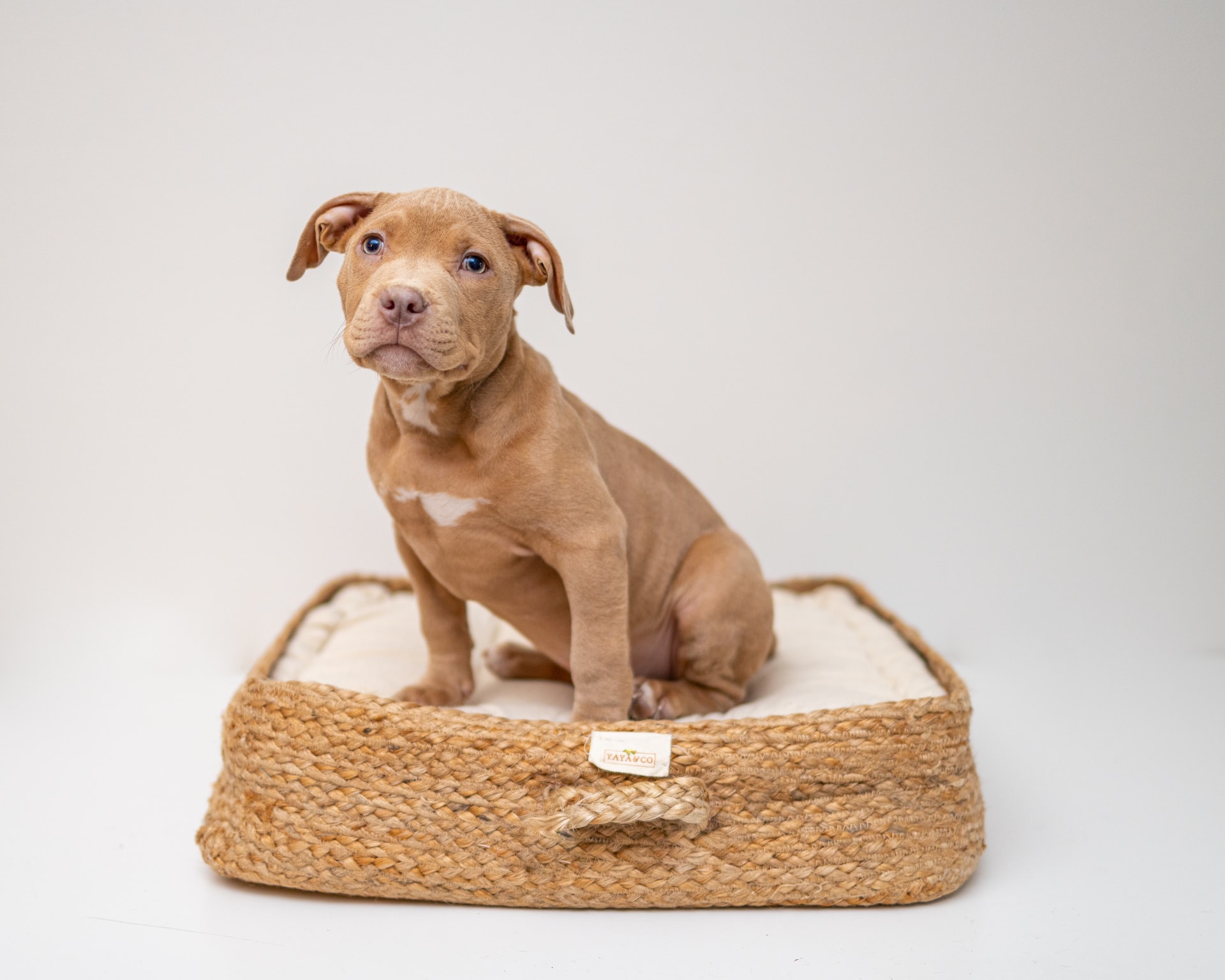
2. Crate and Bedding
It’s nice to snuggle with your puppy in bed, but once it becomes a full-grown dog, it will take up a lot of space which will give you a hard time sleeping.
This is why it is imperative that you give your pooch its own sleeping spot at an early age even if you intend on having it sleep on your bed from time to time.
This is when a crate becomes handy. A crate provides puppies with a cosy and safe place to sleep. It also gives a pooch a personal space to hang out when you are not home.
When choosing a crate, pick one that your dog can grow into comfortably and has adequate ventilation.
To make your pooch happy in a crate, it is suggested that you put a safe chew toy inside.
You should also put the crate in an area in your home that is the centre of activity so that your dog can feel like part of your family.
Finally, provide your canine with some kind of bedding inside its crate. Buy one that is the right size for your dog once it becomes an adult.
Furthermore, select bedding that is large enough for your canine to lie flat and stretch out.



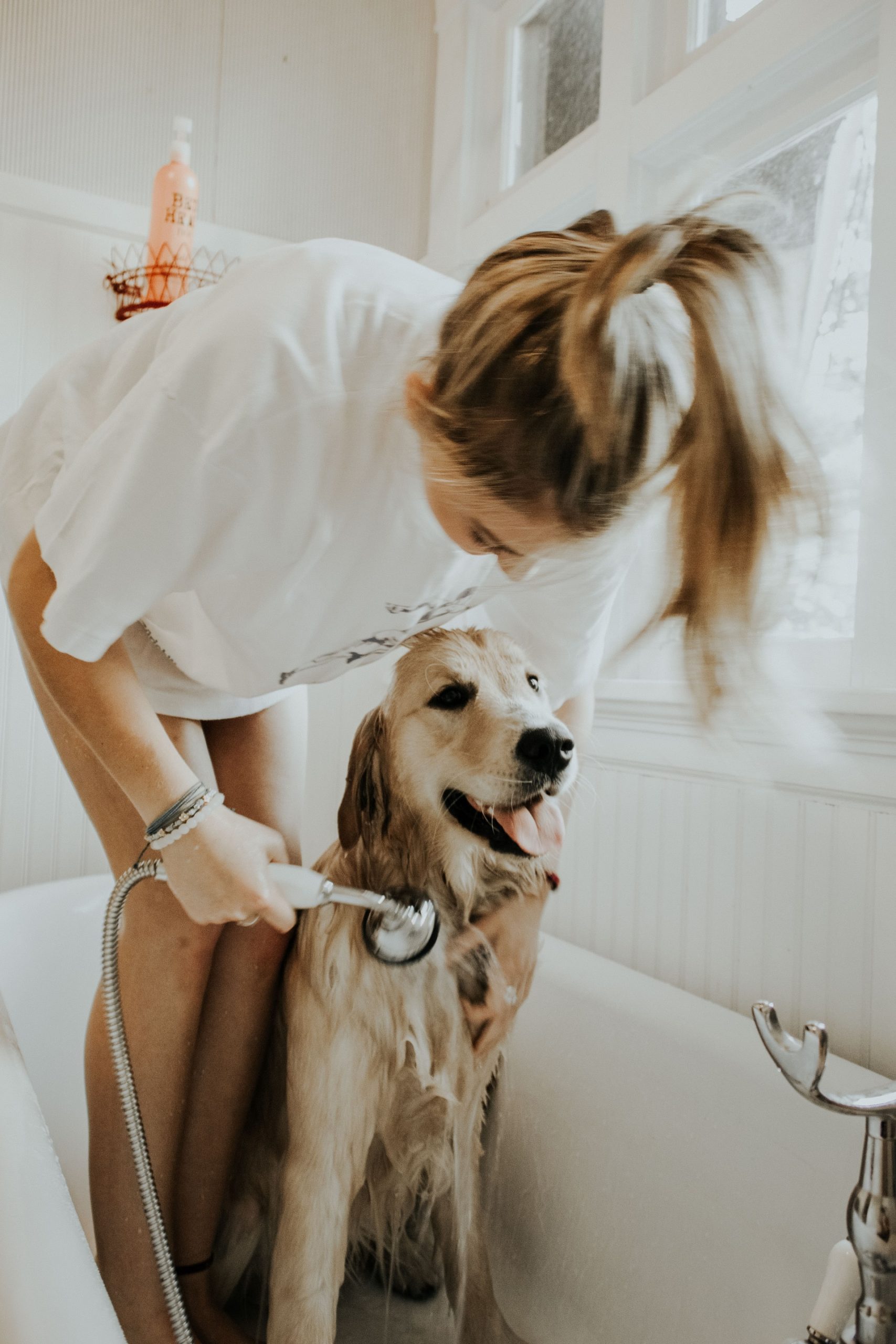

3. Grooming Tools
It doesn’t matter if your pooch is a low or high shedder – all dogs need to be groomed regardless of their breed or coat type.
Stock up on basic grooming tools such as a brush or comb, nail clipper, shampoo, and parasite preventatives.
Every dog grooming kit needs a good brush because it is what removes mats, tangles, and knots. The right brush also removes loose fur, keeps a pup’s coat smooth and shiny, and pulls out dead undercoat hair.
Aside from a brush or comb, you should also have a nail clipper. There are several styles including scissor clippers, grinding tools, and guillotine-style clippers.
Choose a shampoo that is appropriate for a puppy. Avoid using human shampoo on your pooch because humans and dogs have different pH levels.
Additionally, pick a shampoo that is gentle on the skin and suitable for all hair types.
Complete your puppy grooming kit by buying parasite preventives. Make sure fleas, ticks, heartworms, and intestinal worms are covered.
You may need to purchase a combination of products, as some preventatives cover only a select number of parasites.
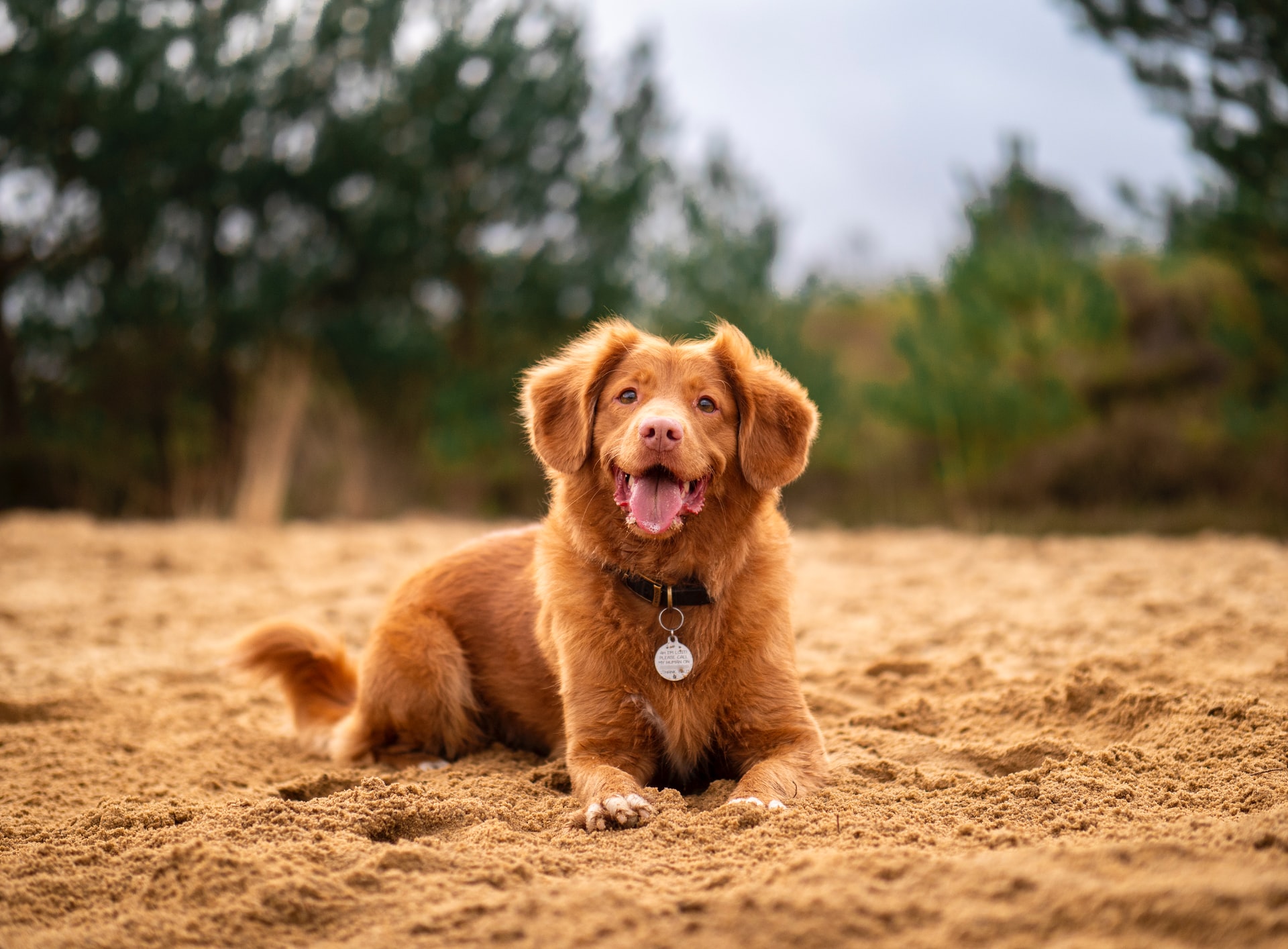


4. Walking Equipment
Every puppy needs a collar with a name tag attached to it so that other people can easily identify your dog should it get lost.
For comfort’s sake, choose a collar that is easy to wear and take off. Two good materials for a collar are leather and nylon.
Aside from a collar, your pooch will need a leash when going on walks. This piece of equipment allows you to control your puppy so it does wander off.
If your dog likes to pull, you can opt for a harness.



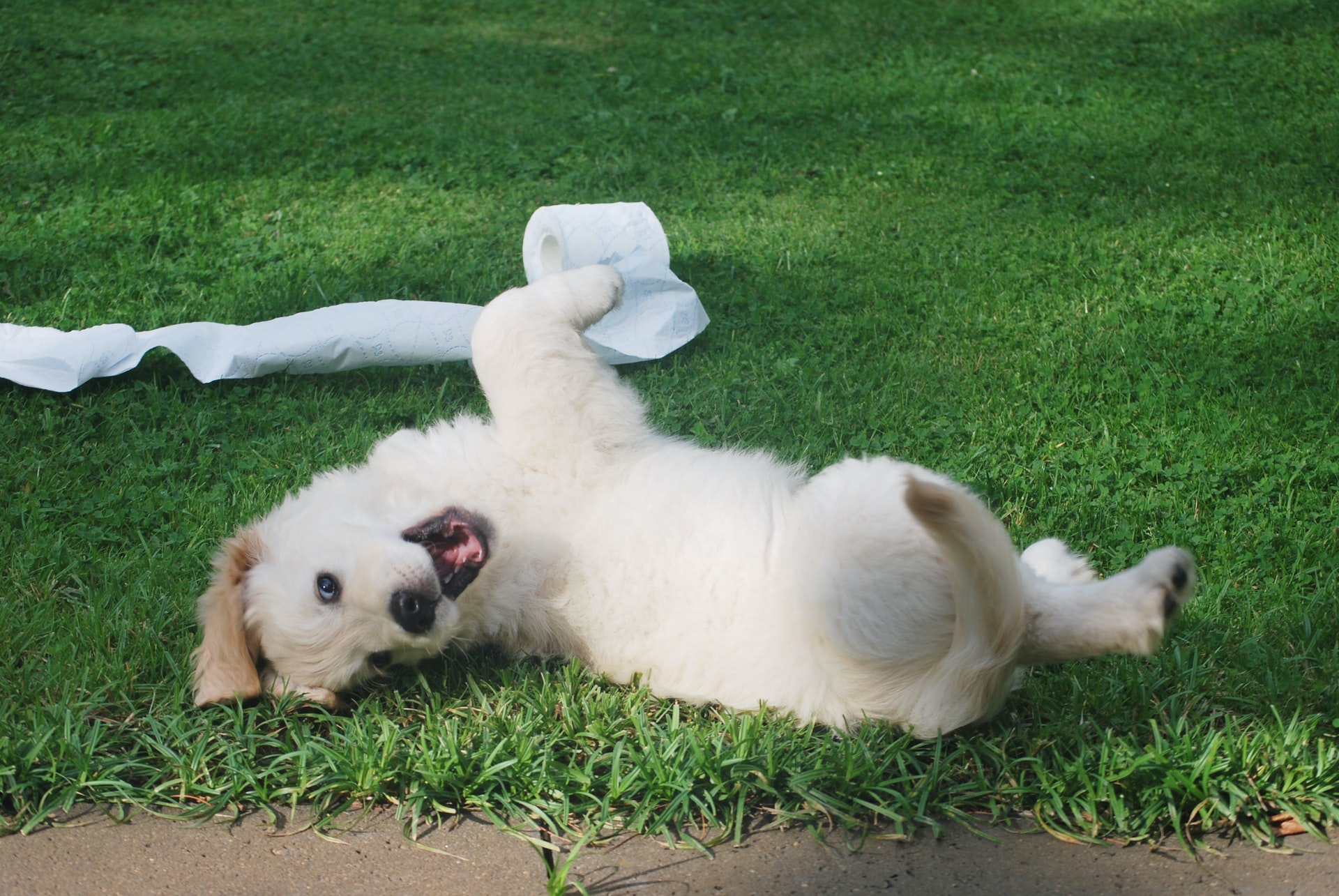

5. Dog Potty
Many canine owners find teaching their puppy where to pee and poop quite challenging. Luckily, there are numerous types of litter boxes for dogs such as grass potty boxes, pee pad holders, and plastic grates.
These tools provide puppies with a targeted toileting area and help them transition from doing their business indoors to outdoors.
Unfortunately, it can take a while for some dog parents to potty train their puppy especially if it is their first time doing so. This is why many canine owners seek the help of a professional dog trainer.
If you are starting to feel discouraged because you are not achieving your desired results, the DoGoodDoggy Method™ can help you.
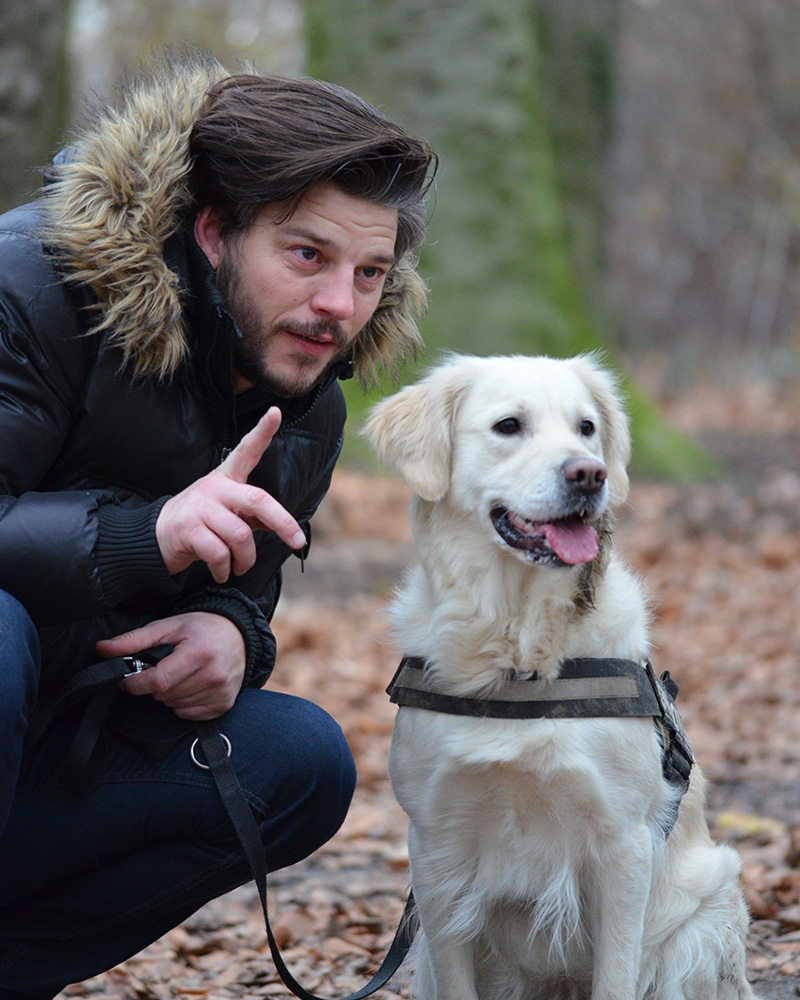


Potty Training Doesn’t Have to be Furrrstrating
It is a good idea to start your puppy’s potty training as early as possible. For some dog owners, this is easier said than done.
At DoGoodDoggy, our puppy training experts can help you with all your training questions – saving you time and effort.
Aside from potty training, our method also teaches your pup everything from basic obedience, to socialisation, to introducing your dog to swimming.



Start Your Puppy's Life Right with DoGoodDoggy Training
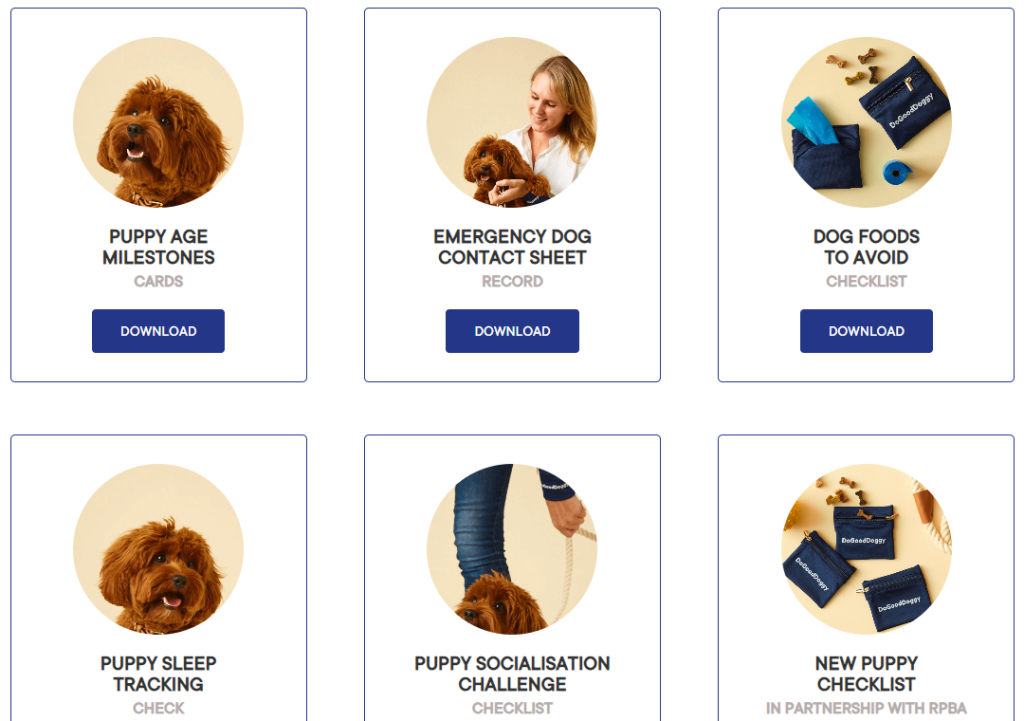

DoGoodDoggy members not only get access to the life-changing 35-day puppy training course, but also other benefits to make life easier.
As soon as you join DoGoodDoggy, you immediately gain access to a wealth of templates and checklists for your puppy’s first weeks with you.
Here’s a small sneak peek of our comprehensive DoGoodDoggy puppy checklist made in partnership with Responsible Pet Breeders Australia:


Join now and start transforming your puppy today.
